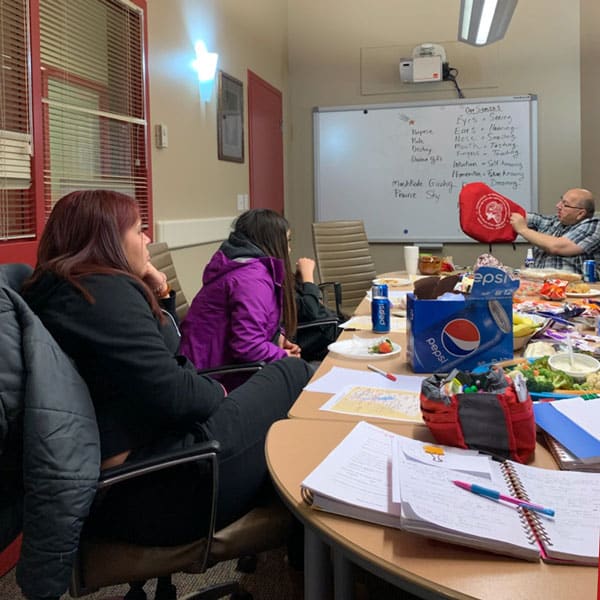
The Mushkowzee Ikwe Empowerment Project

Program Overview
The Strong Woman’s Project is a community-based project for 14 to 29-year-old Indigenous females and non-binary people at risk of sexual exploitation, sex-trafficking, involvement in the justice system, and/or living in poverty.
This four project pillars:
Life Skills
Cultural Reclamation
Empowerment & Healing
Pre-Employment Training
The goal of this program is focused on preventing and combatting human sex trafficking, and work to prevent re-victimization through building support networks, safety planning, and recovery, as well as healing for survivors while empowering participants to regain independence and community re-integration. Grounded in Indigenous culture and traditions, the project provides a strong base to uniquely empower Indigenous women and those identifying as women to heal.
Program Model
Mushkowzee Ikwe is a mentorship-based program that builds on an individual’s strength, promotes healing, connects to treatment and community resources, and offers belonging and empowerment. Participants will take part in life skills programming, pre-employment readiness, and skill building through certification training. Cultural programming will take place throughout the project and focus on establishing or re-establishing traditional knowledge and practices.
These include:
- Traditional teachings, drum making, beading, medicine picking and participation in a variety of traditional ceremonies.
- Each participant will have a mentor who will provide one-on-one coaching and mentorship in the areas of life skills, budgeting, counselling, treatment, medical and legal advocacy, community services referral, advocacy, and academic and employment supports.
Service Philosophy
The Mushkowzee Ikwe project provides an intensive youth engagement or “wrap around” service delivery approach, combined with positive mentorship relationships. Together, these strengthen protective factors, increase resilience and reduce vulnerability to negative influences, including gang involvement, sexual exploitation, and criminal behaviour.
The female-specific nature of the Mushkowzee Ikwe project is reflected in its programming focus and hiring (both staff and elders). Programs are centred on essential skills for women such as safety, sexual health, parenting, healthy relationships, drugs and alcohol, and culture (Women’s Teachings and Ceremonies). This program will also connect women to essential community resources such as Employment and Income Assistance, Child Care, Housing, and Food Security.
Program Activities
Weekly activities include recreation, Ceremonies, and personal awareness or life skills workshops.
For example:
- Weekly group learning sessions focusing on life skills, pre-employment, and career exploration
- Education and training opportunities to support in-school youth and reconnect youth to formal education systems while encouraging and monitoring attendance
- Organize and access skill-specific training including Food Handler’s and First Aid or CPR
- Literacy activities including identifying and accessing literacy or numeracy tutors
- Providing cultural connections related to establishing or re-establishing land-based activities and the reclamation of traditional knowledge and practices
- Recreation or social opportunities to support engagement in positive recreational or social activities and community-based events
- Facilitated sessions on increasing awareness about personal responsibilities related to behaviours (sexual exploitation, criminal activities, gang involvement, etc.)
- Engagement with appropriate collateral services and families as required including income, housing, food security, safety, health services, etc.
- Engagement with appropriate drug and alcohol treatment programs as required
- Provide assistance to youth to access cultural or Western counselling
- Daily (as needed) social support provided by mentors
Eligibility and Referral
Program referrals can be filled out by Community Partners, Probation Services, and also through self-referral.
For more information, please contact:
Stephanie Spence, Program Coordinator
Pronouns: She/Her
Phone: (204) 953-5820
Email: sspence@kanikanichihk.ca
